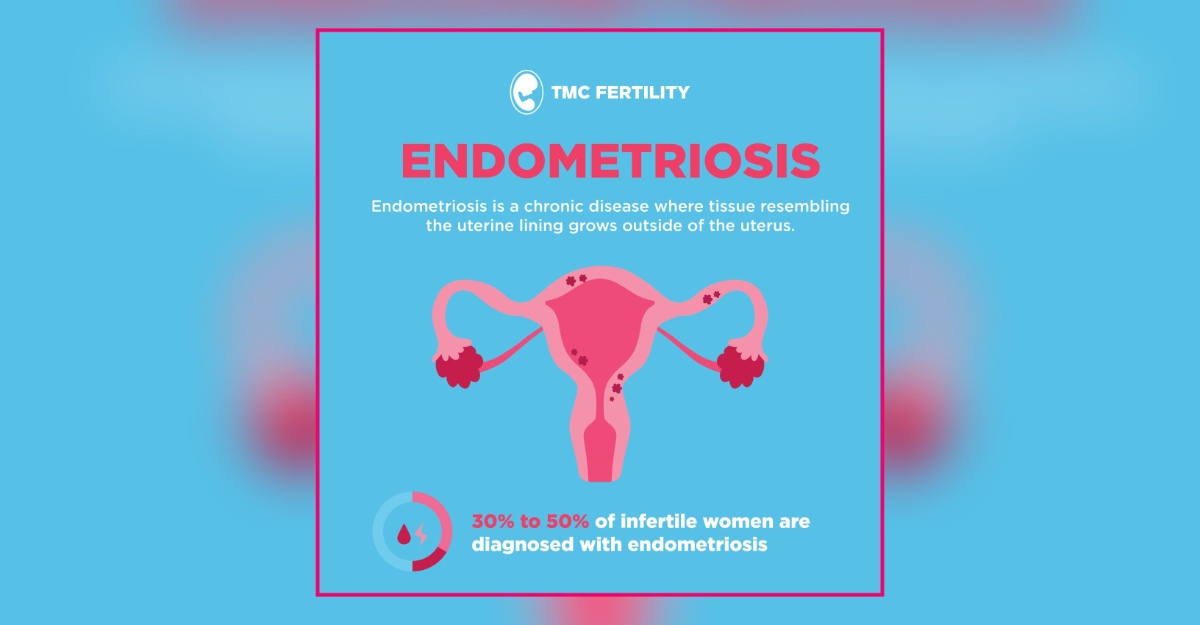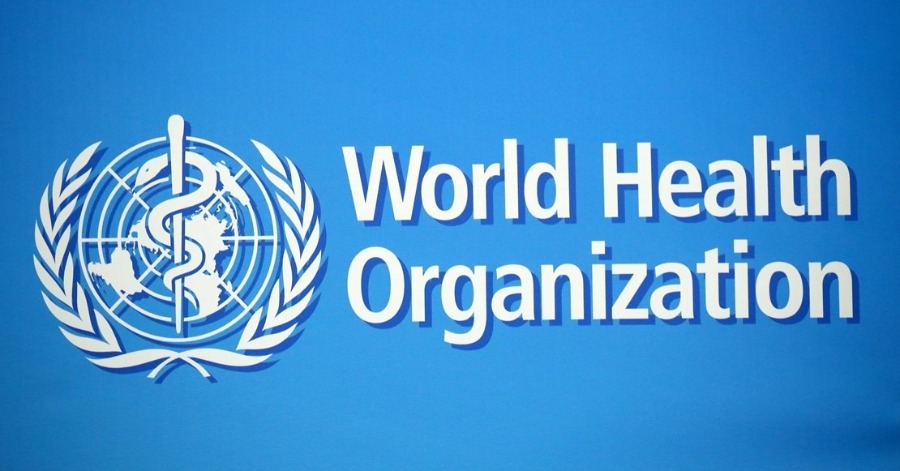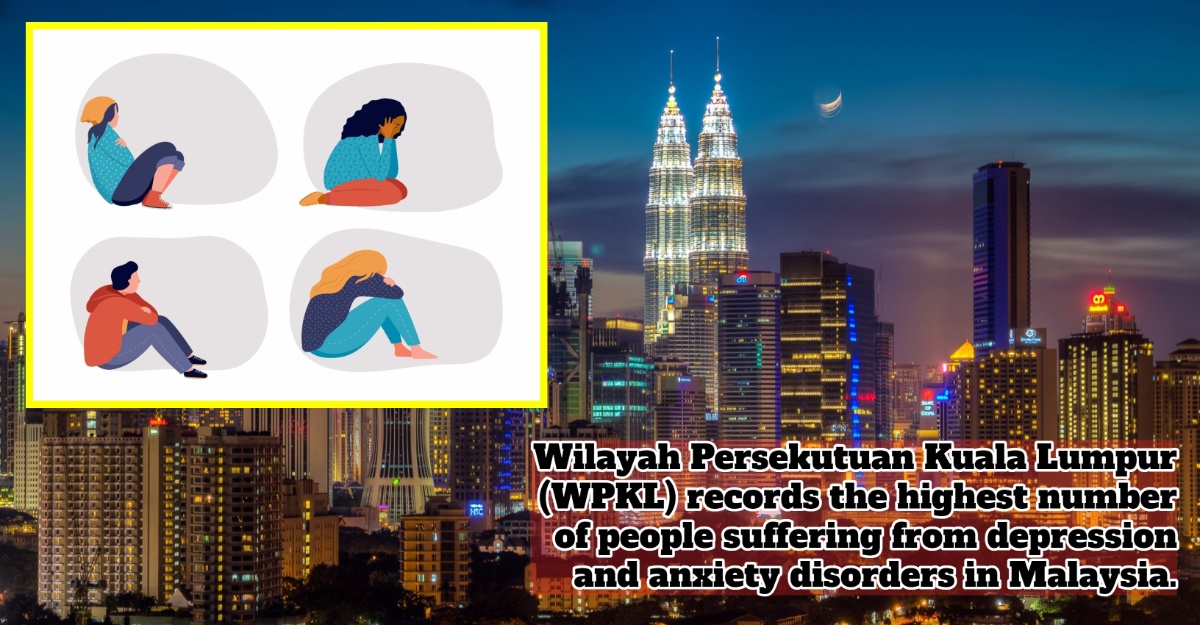GENEVA, March 3 — The World Health Organisation (WHO) warned on Wednesday of a sharp increase in the prevalence of anxiety and depression related to the COVID-19 pandemic, caused largely by social isolation, said Xinhua.
Young people and women are the worst hit.
According to a scientific brief released by the WHO, in the first year of the pandemic, the global prevalence of anxiety and depression increased by a massive 25 per cent. Ninety per cent of the countries surveyed included mental health and psychosocial support in their COVID-19 response plans, but major gaps and concerns remain.
Unprecedented stress has been caused by the social isolation resulting from the pandemic, the WHO said. This constrained people’s ability to work, seek support from loved ones and engage in their communities. Exhaustion has been a major trigger for suicidal thinking among health workers.
“The information we have now about the impact of COVID-19 on the world’s mental health is just the tip of the iceberg,” WHO Director General Tedros Adhanom Ghebreyesus said. “This is a wake-up call to all countries to pay more attention to mental health and do a better job of supporting their populations’ mental health.”
The WHO brief said that young people, whose mental health has been affected by COVID-19, are disproportionally at risk of suicidal and self-harming behaviours. Women have been more severely impacted than men, and people with pre-existing physical health conditions, such as asthma, cancer or heart disease, are more likely to develop symptoms of mental disorders when infected with COVID-19.
The pandemic has severely disrupted mental health services worldwide, leaving huge gaps in care for those who need it most. Though the situation had somewhat improved by the end of 2021, too many people today remain unable to get the care and support they need for both pre-existing and newly developed mental health conditions.
According to a recent WHO survey, 90 per cent of countries are working to provide mental health and psychosocial support to COVID-19 patients and responders alike, but a chronic global shortage of mental health resources still continues today.
The WHO’s most recent “Mental Health Atlas” showed that in 2020, governments worldwide spent on average just over two per cent of their health budgets on mental health, and many low-income countries reported having fewer than one mental health worker per 100,000 people.
COVID-19 has “revealed historical under-investment in mental health services. Countries must act urgently to ensure that mental health support is available to all”, said Devora Kestel, director of the Department of Mental Health and Substance Use at the WHO.
Sources: BERNAMA



















